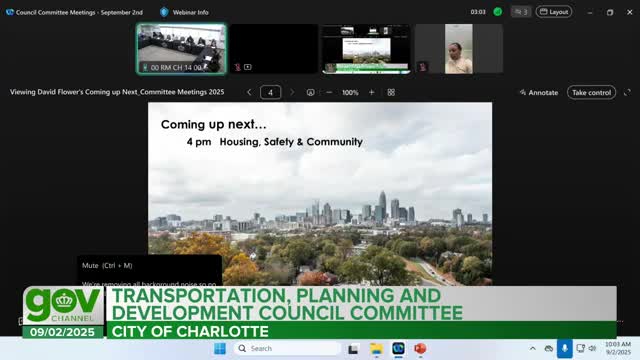Article not found
This article is no longer available. But don't worry—we've gathered other articles that discuss the same topic.
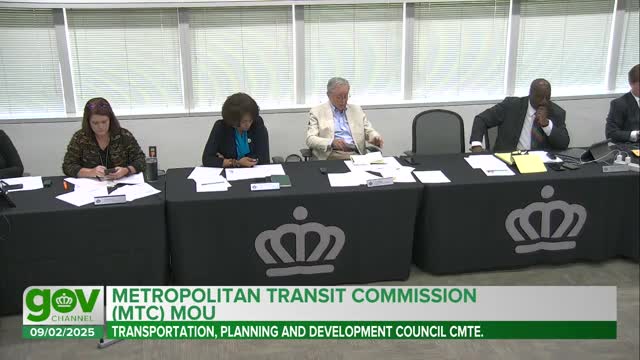
City seeks private kiosk rollout with no upfront cost, city to receive ad‑revenue share
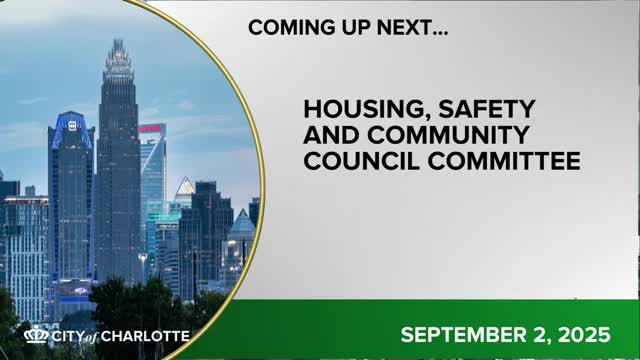
Charlotte committee approves CRB training and response‑time changes and asks staff to review background‑check rules for all boards
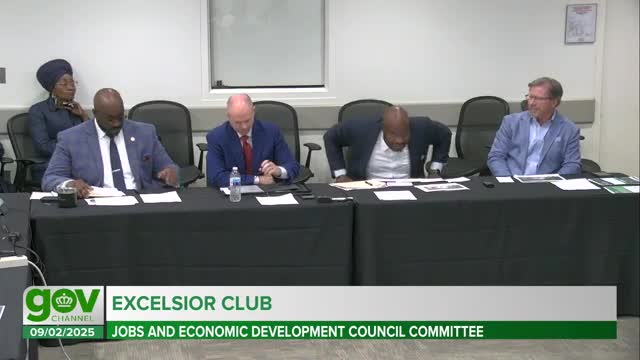
Developers propose to restore Excelsior Club as museum, restaurant and cultural hub; seek $1.5M from city
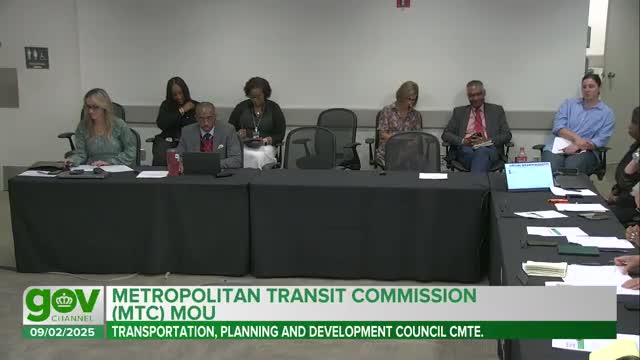
Charlotte committee recommends MOU backing for new regional transit authority; members weigh appointments and board qualifications
